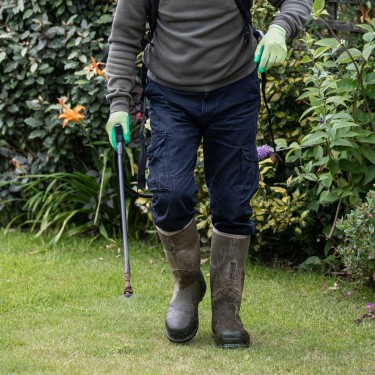If you use home and garden pesticides for weed and pest control, here’s what you need to know to store them safely. It may seem like a lot of rules, but these products pose significant risks.
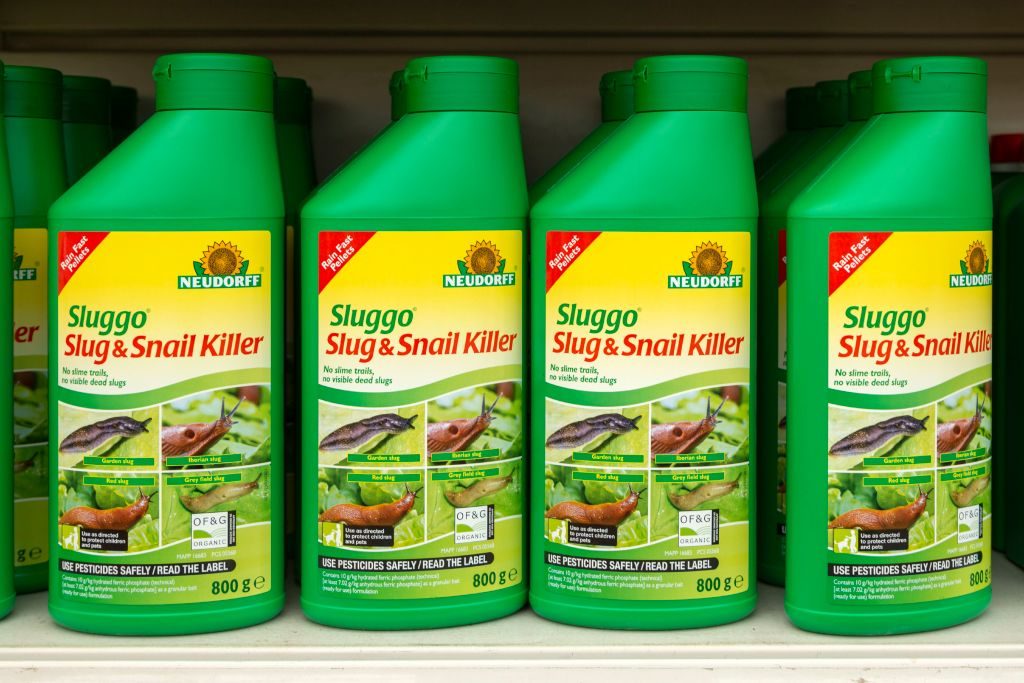
Included in this roundup are products for repelling and eliminating pests, weed killers, nitrogen stabilizers and other plant regulators. If you’re unsure about a product, check the label for signal words like danger, poison, warning and caution, and for an Environmental Protection Agency (EPA) registration number.
Proper storage prolongs the chemical shelf life of a product. More importantly, it protects the health of people, animals and the environment. Here are some general storage requirements, but refer to your pesticide labels for specific information about the products you’ve purchased.
The simplest method is to choose nontoxic alternatives whenever you can.
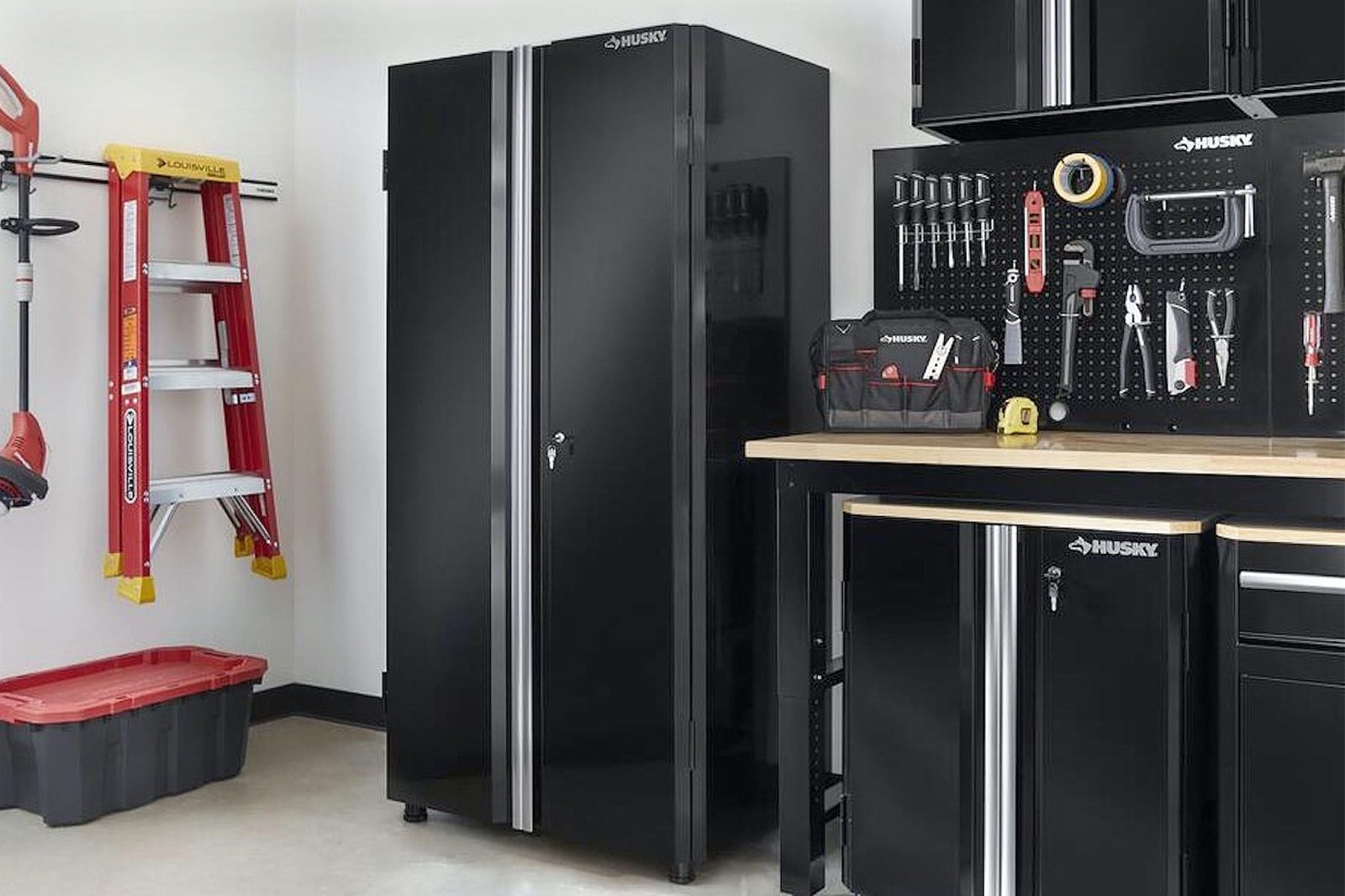
In a Locked Cabinet
The EPA recommends keeping pesticides in a locked cabinet in a well-ventilated utility area or garden shed. They shouldn’t be stored with or near food, animal feed or medical supplies.
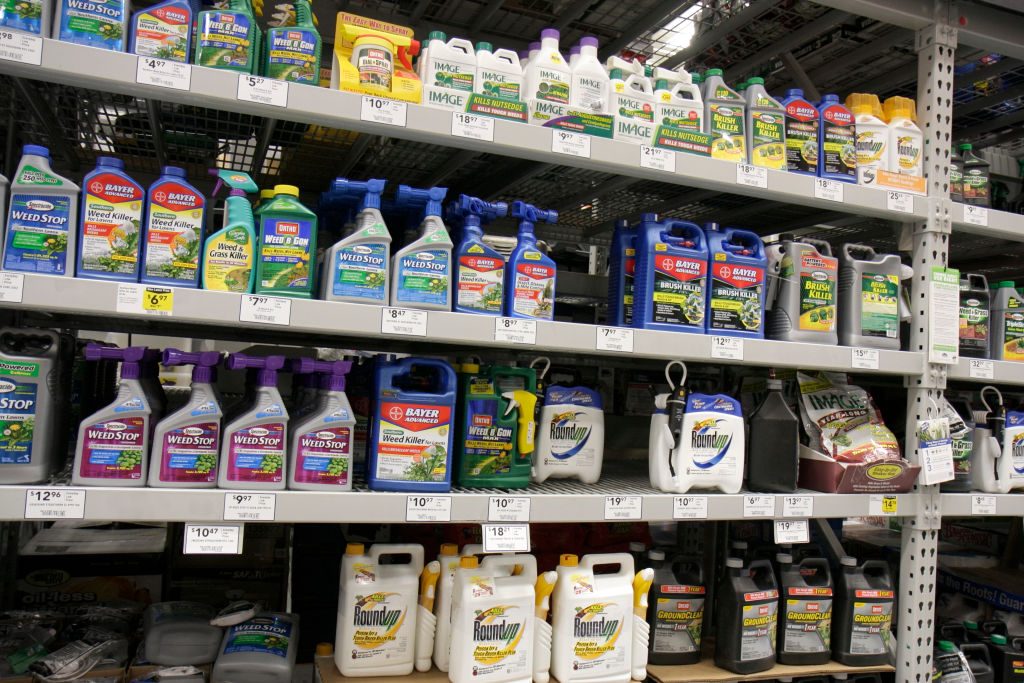
In the Original Container
Store in original containers with the labels so you’ll have the directions, ingredients and first aid steps handy in case of poisoning. Keep the tops tightly closed. Never store pesticides in the application equipment, where they are more likely to spill and be found by children.
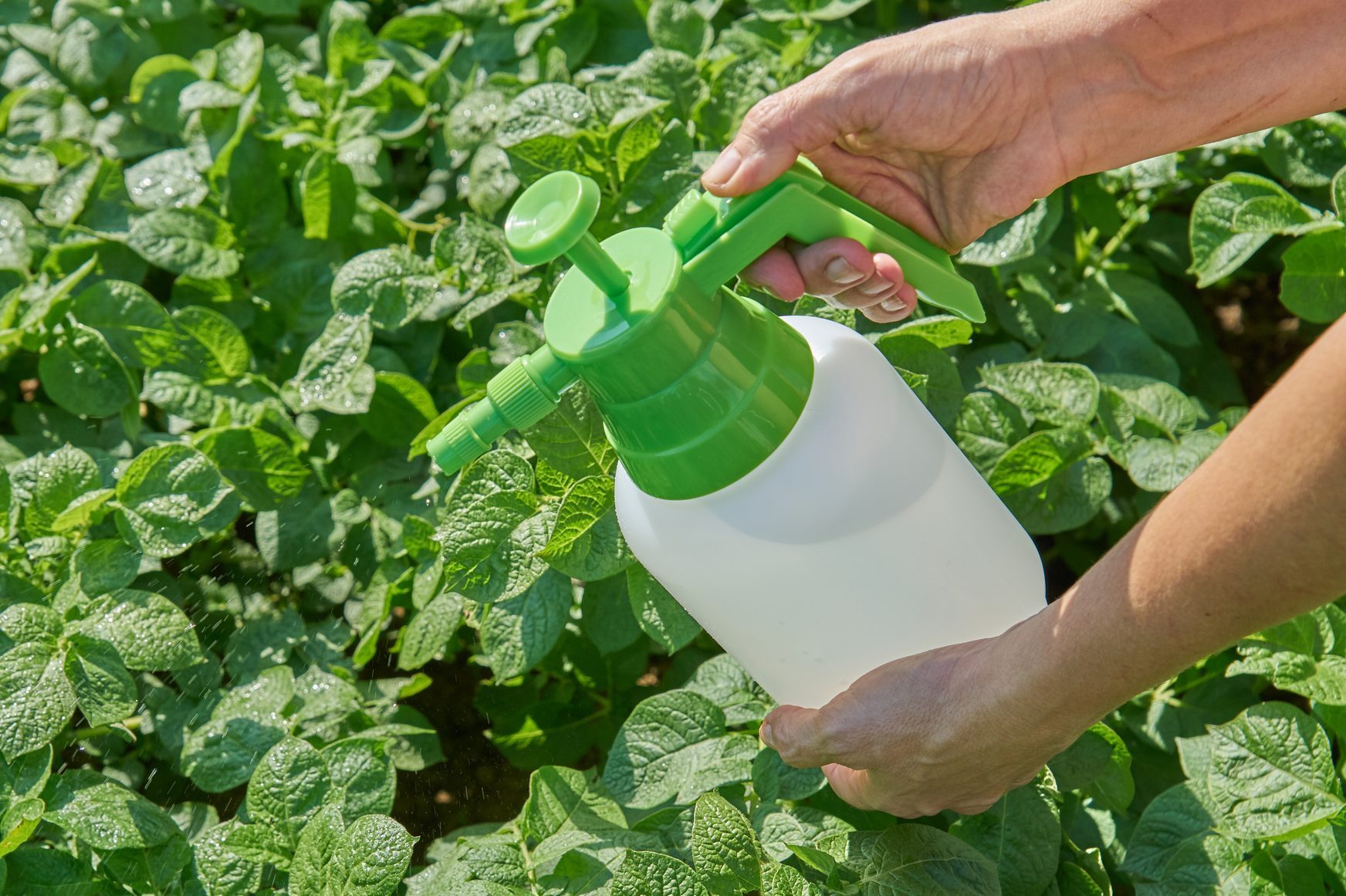
Out of Reach
Keep these products out of reach of children and pets. Store them at least five feet above the ground in that locked (preferably metal) cabinet.
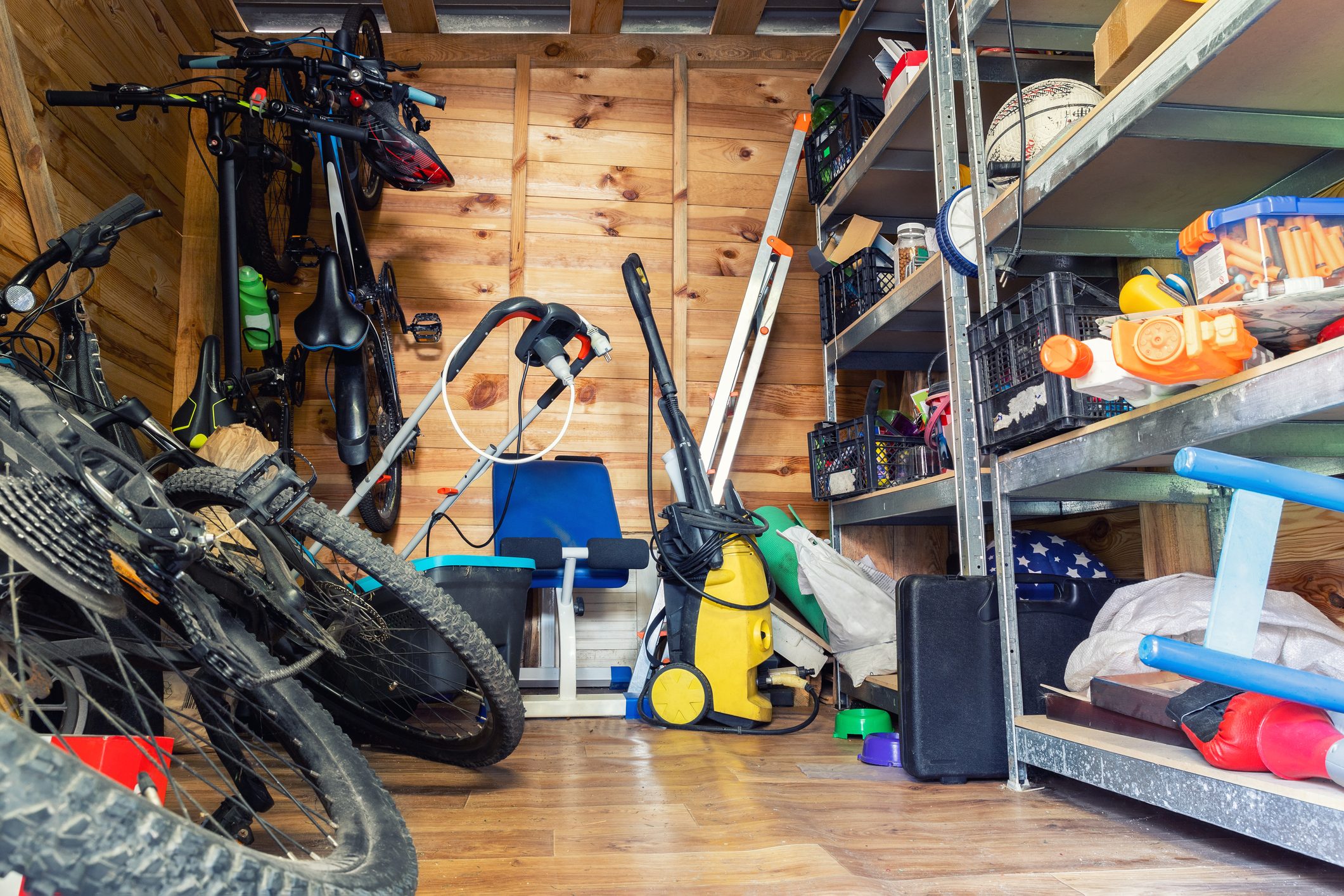
Away From Flooding and Leaks
Place your cabinet where there’s no chance of flooding, or where they might leak or spill into a floor drain. From there, they would enter the sewer and cause toxic pollution.
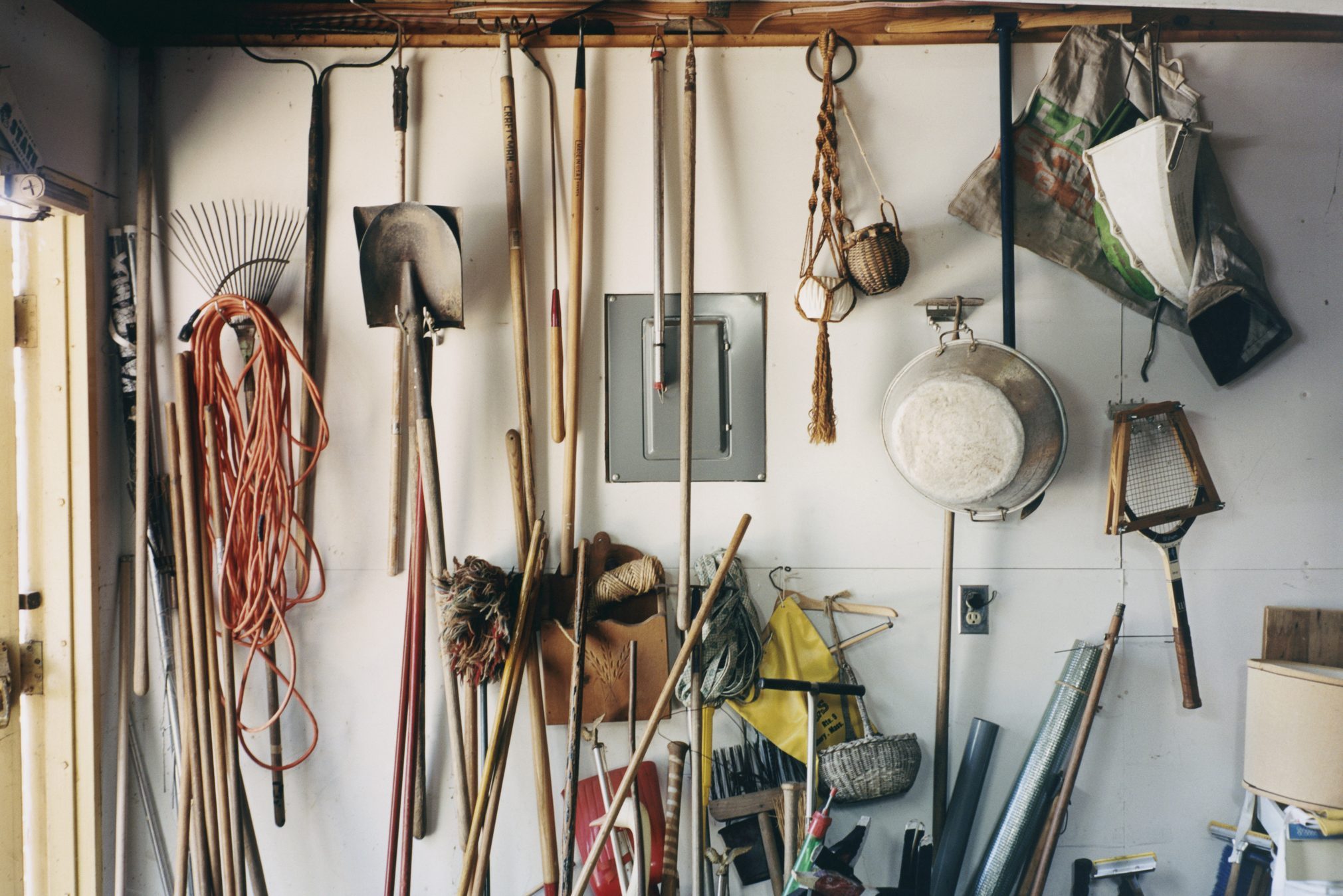
In an Ideal Temperature Area
The temperature in the storage area should not drop below 40 F or rise above 100 F. Extremely high or low temps can cause pesticides to deteriorate and become ineffective, and high humidity and direct sunlight will break them down. Cool and dry is the goal.
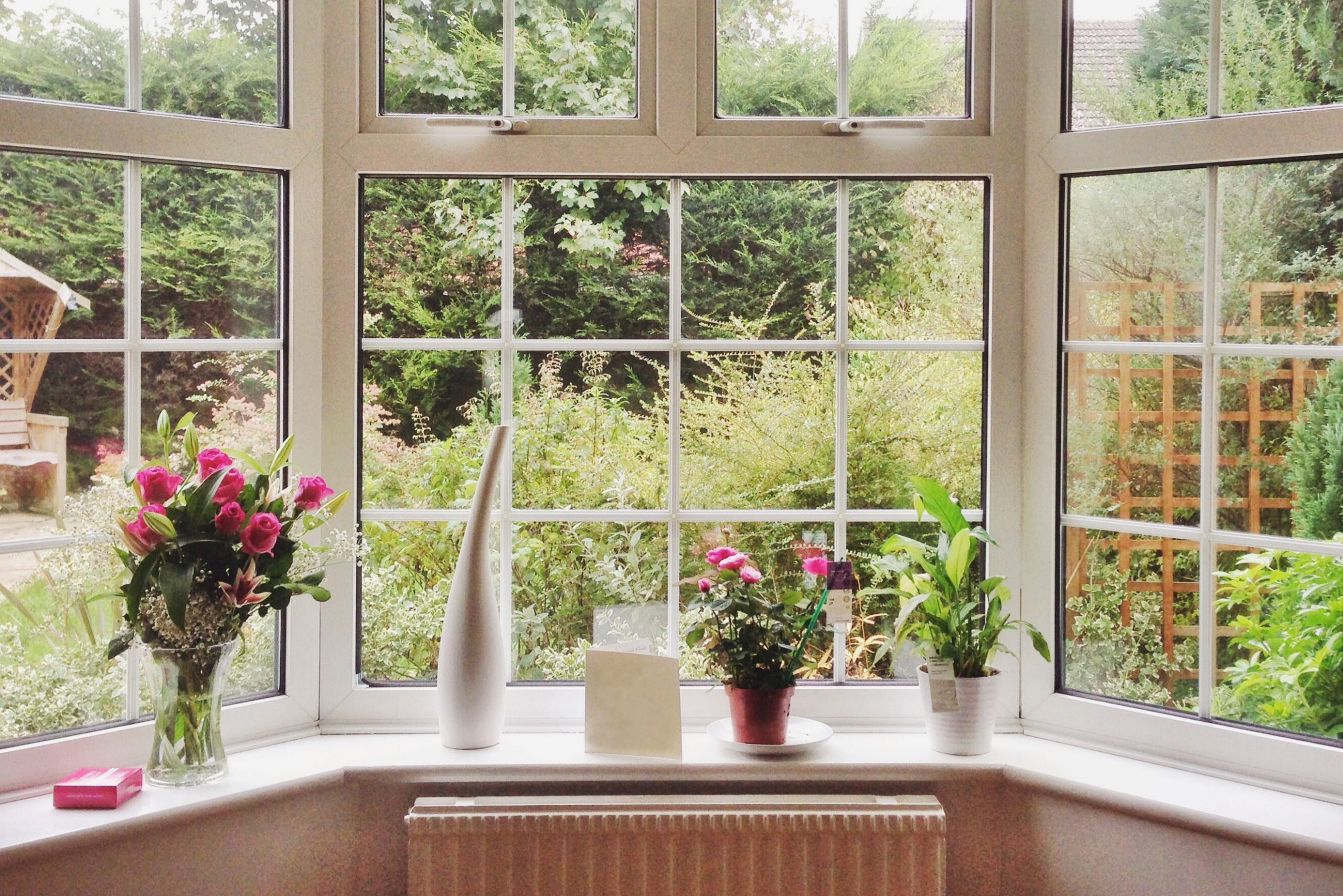
Away from Living Areas
Flammable liquids should be stored outside your living area and far away from an ignition source such as a furnace, car, grill or lawn mower.
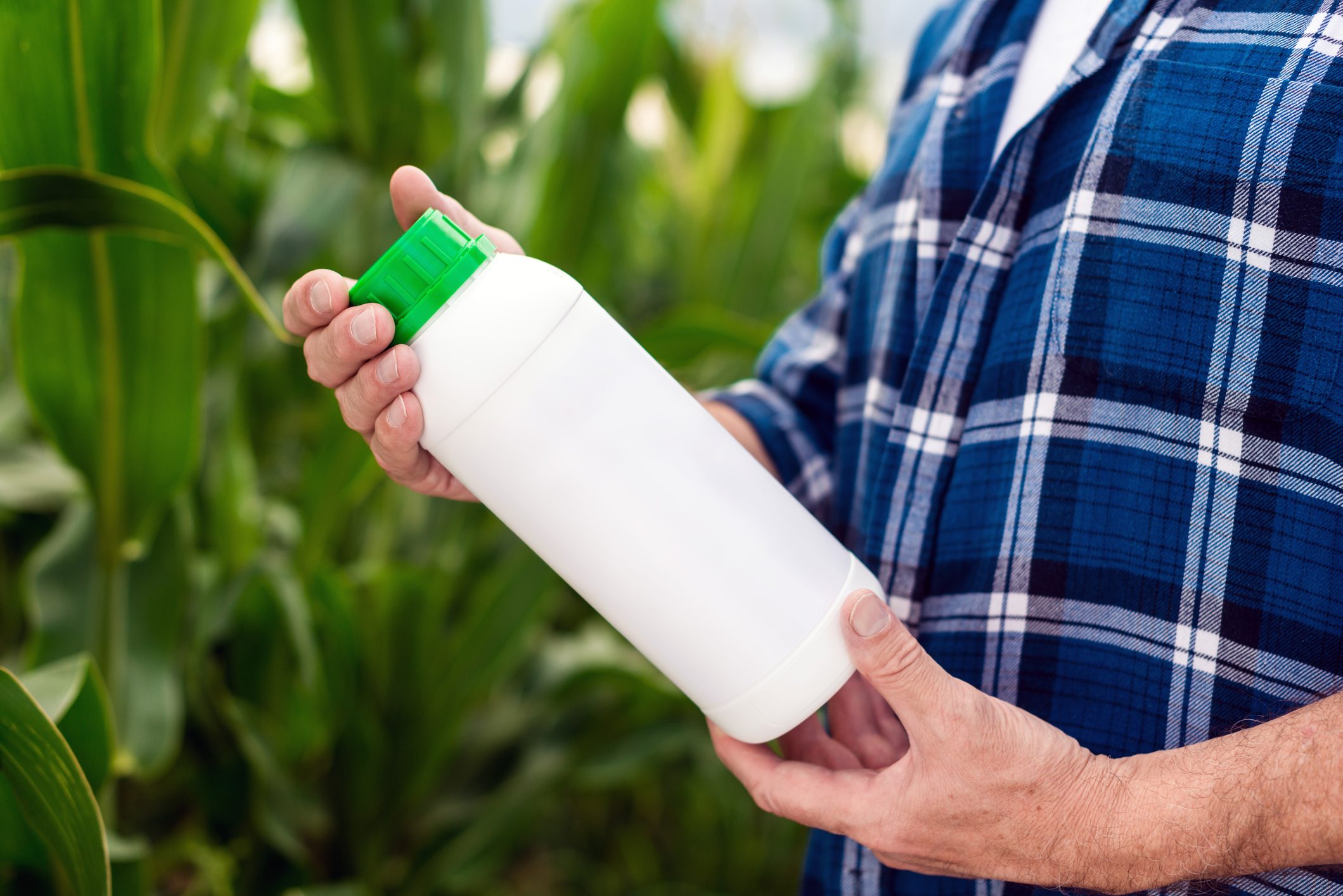
Dispose of Properly
When you need to throw away chemicals, follow the instructions on the labels. Empty pesticide containers should not simply be thrown into the trash or recycling bin. Thoroughly rinse them before disposal, and the diluted rinse water should be disposed of by applying it to the same areas you sprayed.
If you have unwanted leftover pesticide, drop it off with a local program. Search online for “household hazardous waste disposal near me.”
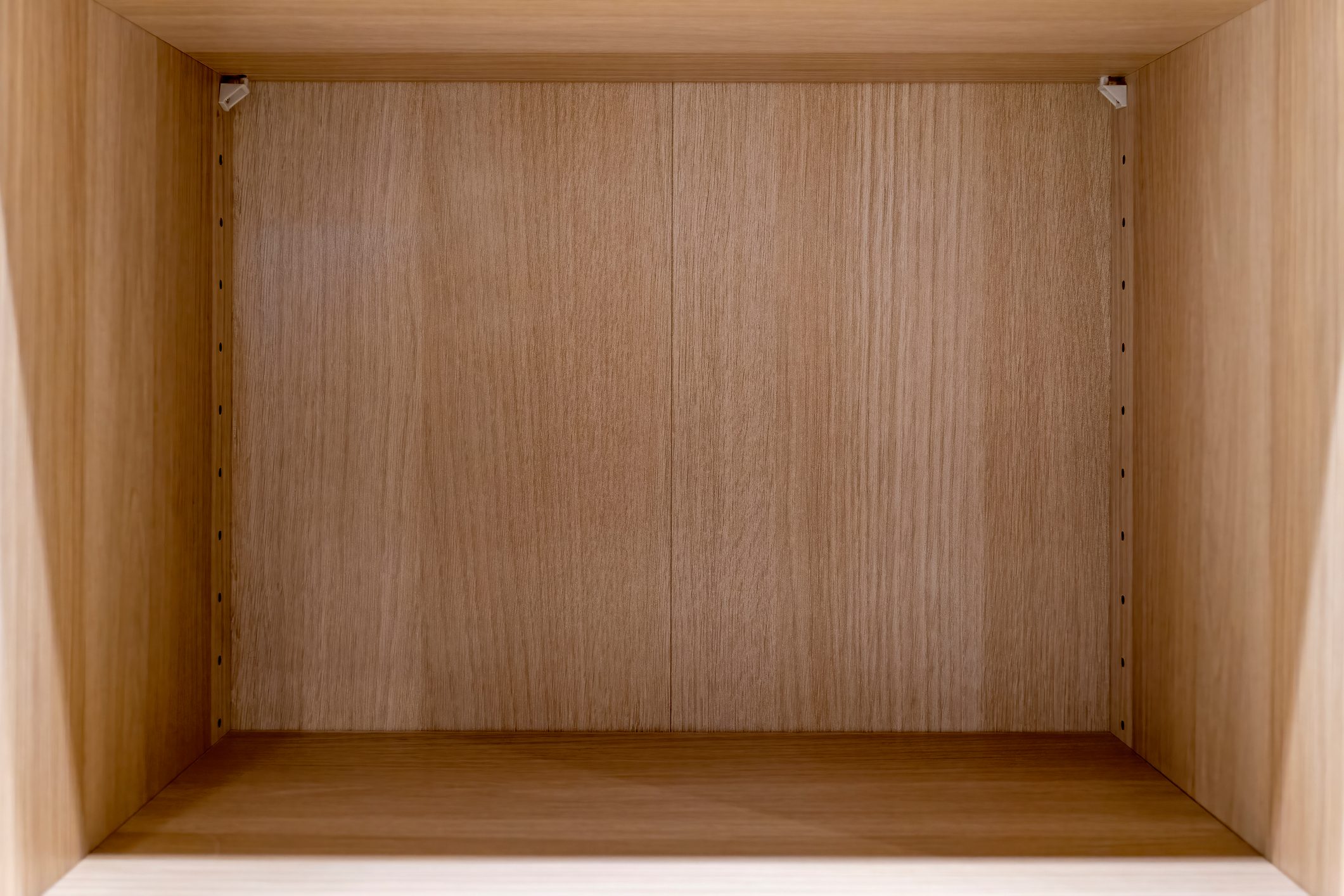
Clear Your Storage Cabinet Out Regularly
Don’t buy more pesticide than you’ll need soon. Think of what you’ll use in one year or less. The less you store, the safer you are. To help prevent stocking up, keep your storage cabinet as small as possible.


